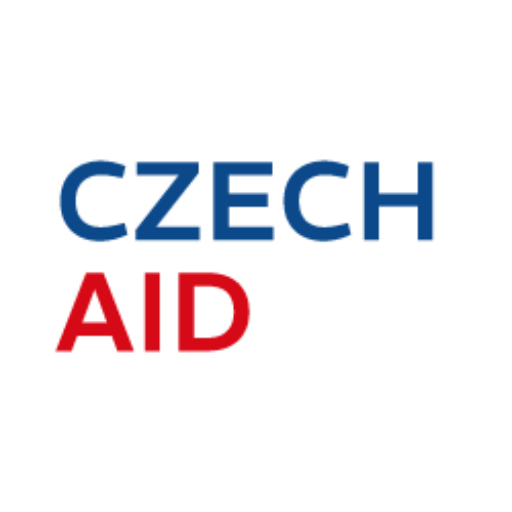Building a Sustainable and Profitable Beekeeping Hub in Kashitu
The project aims to establish a modern, community-led, and environmentally sustainable beekeeping facility in the rural locality of Kashitu, Zambia, where over 1,500 beekeepers—predominantly women—currently engage in traditional honey harvesting methods. These methods yield limited financial returns due to the lack of value addition, as raw honey is sold at significantly lower prices compared to processed products. Implemented by the Czech Technical University in Prague (CVUT), in close collaboration with the local partner New Renato Community Society (NRCS), the project introduces two key innovations to enhance the economic sustainability of the Kashitu community: the deployment of modern honey-processing technology and the establishment of protective beekeeping suit production. Through a tailored TVET programme, 200 community members will be trained in honey processing techniques using press extractors, with an anticipated 250% increase in household incomes.
The second component focuses on the local production of protective beekeeping suits by 15 trained women, providing additional income opportunities and improving safety standards. A multi-functional beekeeping facility will be constructed, equipped with solar panels, WASH infrastructure, and dedicated workspaces to support both honey processing and tailoring workshops year-round. This dual approach addresses seasonal economic fluctuations and fosters community resilience. The project is expected to benefit 1,500 direct participants and indirectly impact over 10,000 residents in Kashitu, contributing to local development, gender empowerment, and biodiversity conservation.

